BOOK OF ABSTRACTS & PROGRAM NEW YORK 2025
Video conference invitation will be distributed via email.
STUDIA INSTRUMENTORUM MUSICAE POPULARIS (NEW SERIES)
THE NEWEST VOLUME

SIMP (STUDIA INSTRUMENTORUM MUSICAE POPULARIS VIII), 2023
ISBN 978-3-8325-5319-7, ISSN 2191-5261
This 8th volume of SIMP has two large themes that were discussed in the last Study Group Symposium held online and arranged by the Music Faculty of the University of the Visual and Performing Arts, Colombo in March and April 2023.
1) REFINING VERSUS SIMPLIFICATION IN TRANSMISSION AND PERFORMANCE
To play a musical instrument requires mastering the craft of reproducing recognizable as well as appropriate sounds in a specific order and with a specific emphasis. This is what music players do. As a result, they will reveal acquired skills and some knowledge about their devices. A musician’s goal is different, though. It transcends these primary capabilities. As a rule, a musician will know how to breathe their perceptions right through some idiomatically correct music, regardless of the context in which it is working. More general starting points: The music is what you make it. This is true for the musician as well as it is for the listener. A musician will always be keen to create atmospheres by transcending time, space, and emotion. This requires corrective listening all throughout. Timbre hierarchies have to be conveyed properly to facilitate figure/ground discriminations and other aspects. Nevertheless refining versus simplification in transmission and performance includes staged as well as non-staged events, such as such as rituals, celebrations, and many other informal settings. Some theoretical sampling would be worthwhile. For instance: Jimi Hendrix as well as Keith Richards, both rock heroes of bygone days, may serve as exemplary cornerstones. Hendrix broadened the sound range of his electric guitar by overloading his PA system, whereas Richards worked quietly in hotel rooms with his acoustic guitar, there overdriving a small cassette tape recorder.
2) HUMANS AND THEIR MUSICAL INSTRUMENTS AS PART OF NATURE
This topic includes social and psychological issues regarding musical instruments or instrumental sounds which incorporate non-human actors and sources. When it comes down to it, any research focusing on humans suggests man-made as well as non-human environments. As a rule, all kinds of sound are always present, more so as these sounds embed human activities relating to musical instruments or instrumental sound. This can apply to all kinds of ambient or background noises that surround musical practice. how much do these sounds contribute to the musical event and the stimulation of instrumental practice?
Many thanks go to the many unnamed helpers, copy-editors, and reviewers alike, and to the contributors for their time and willingness to share their knowledge.
Gisa Jähnichen
(Study Group Chair + Editor of SIMP)
Shanghai, October 2021.
To purchase, please contact your local bookseller or order online from Logos Verlag Berlin or Amazon
—
Dist. Prof. Dr. Gisa Jähnichen
(Ph.D., Humboldt Univ. Berlin; professorial thesis [habil], University Vienna)
Shanghai Conservatory of Music
[Ecomusicology]
20 Fenyang Lu, Xuhui District
Shanghai 200031
PR China
or:
Germany: Mühsamstr. 64
10249 Berlin
Germany
Tel +(49-30)4292829














